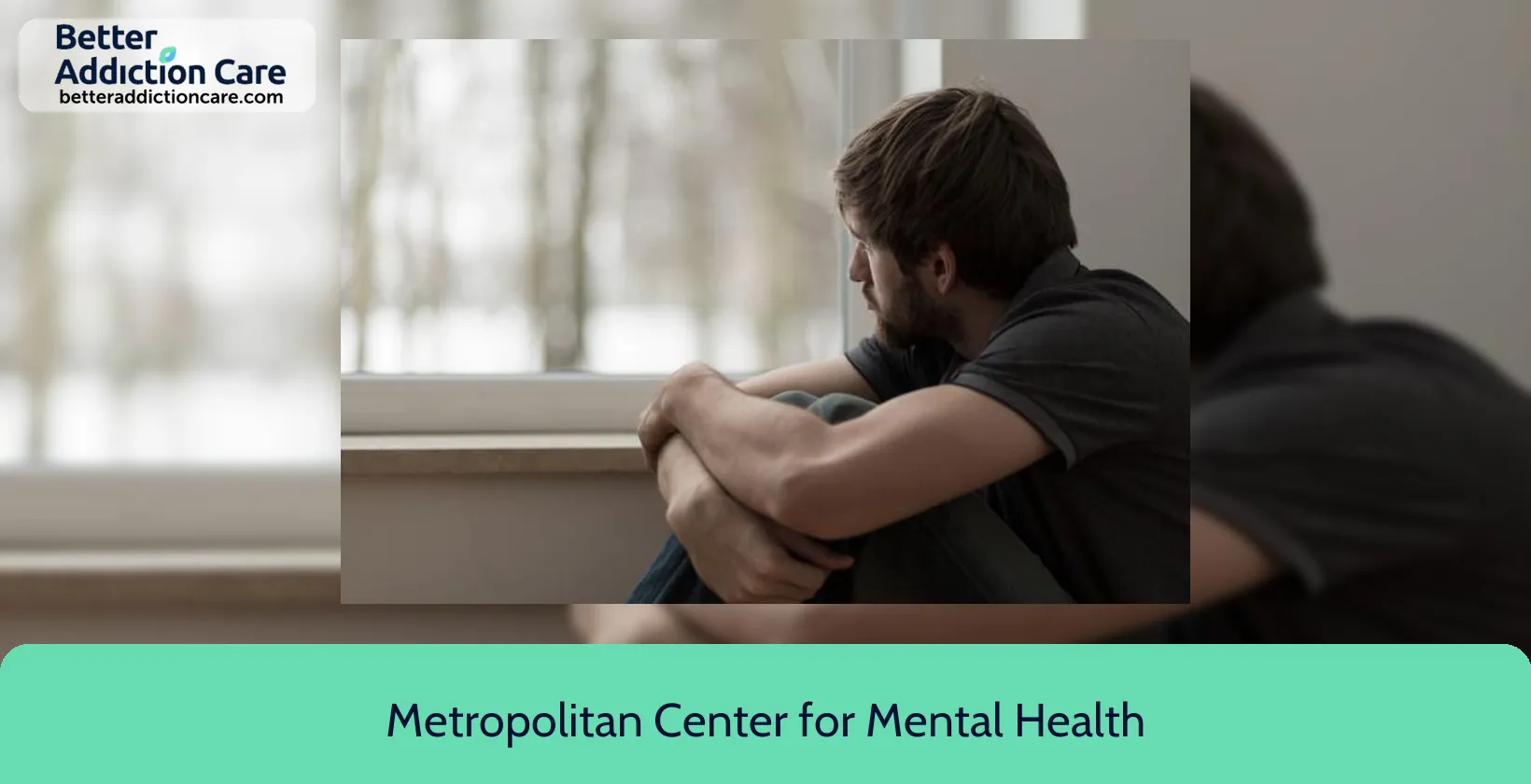Metropolitan Center for Mental Health 336 Central Park West
Overview
Metropolitan Center for Mental Health 336 Central Park West is a mental health treatment center for people seeking treatment near New York County. As part of their treatment modalities for recovery, Metropolitan Center for Mental Health 336 Central Park West provides couples/family therapy, group counseling, and cognitive behavioral therapy during treatment. Metropolitan Center for Mental Health 336 Central Park West is located in New York City, New York, accepting cash or self-payment for treatment.
Metropolitan Center for Mental Health 336 Central Park West at a Glance
Payment Options
- Cash or self-payment
- Medicaid
- Medicare
- Private health insurance
- Community Mental Health Block Grants
Assessments
- Comprehensive mental health assessment
- Comprehensive substance use assessment
Age Groups
- Seniors or older adults
- Young adults
- Children/adolescents
- Adults
- Seniors
Ancillary Services
- Case management service
- Court-ordered outpatient treatment
- Family psychoeducation
- Suicide prevention services
Highlights About Metropolitan Center for Mental Health 336 Central Park West
6.65/10
With an overall rating of 6.65/10, this facility has following balanced range of services. Alcohol Rehabilitation: 8.00/10, Drug Rehab and Detox: 6.00/10, Insurance and Payments: 6.00/10, Treatment Options: 6.61/10.-
Alcohol Rehabilitation 8.00
-
Treatment Options 6.61
-
Drug Rehab and Detox 6.00
-
Insurance and Payments 6.00
Treatment At Metropolitan Center for Mental Health 336 Central Park West
Treatment Conditions
- Mental health treatment
- Substance use treatment
- Co-occurring Disorders
Care Levels
- Outpatient
Treatment Modalities
- Couples/family therapy
- Group counseling
- Cognitive behavioral therapy
- Dialectical behavior therapy
- Integrated Mental and Substance Use Disorder treatment
Ancillary Services
Languages
- Spanish
- Other languages (excluding Spanish)
- French
Special Programs
- Clients who have experienced trauma
- Children/adolescents with serious emotional disturbance (SED)
- Persons 18 and older with serious mental illness (SMI)
Get Help Now
Common Questions About Metropolitan Center for Mental Health 336 Central Park West
Contact Information
Other Facilities in New York City
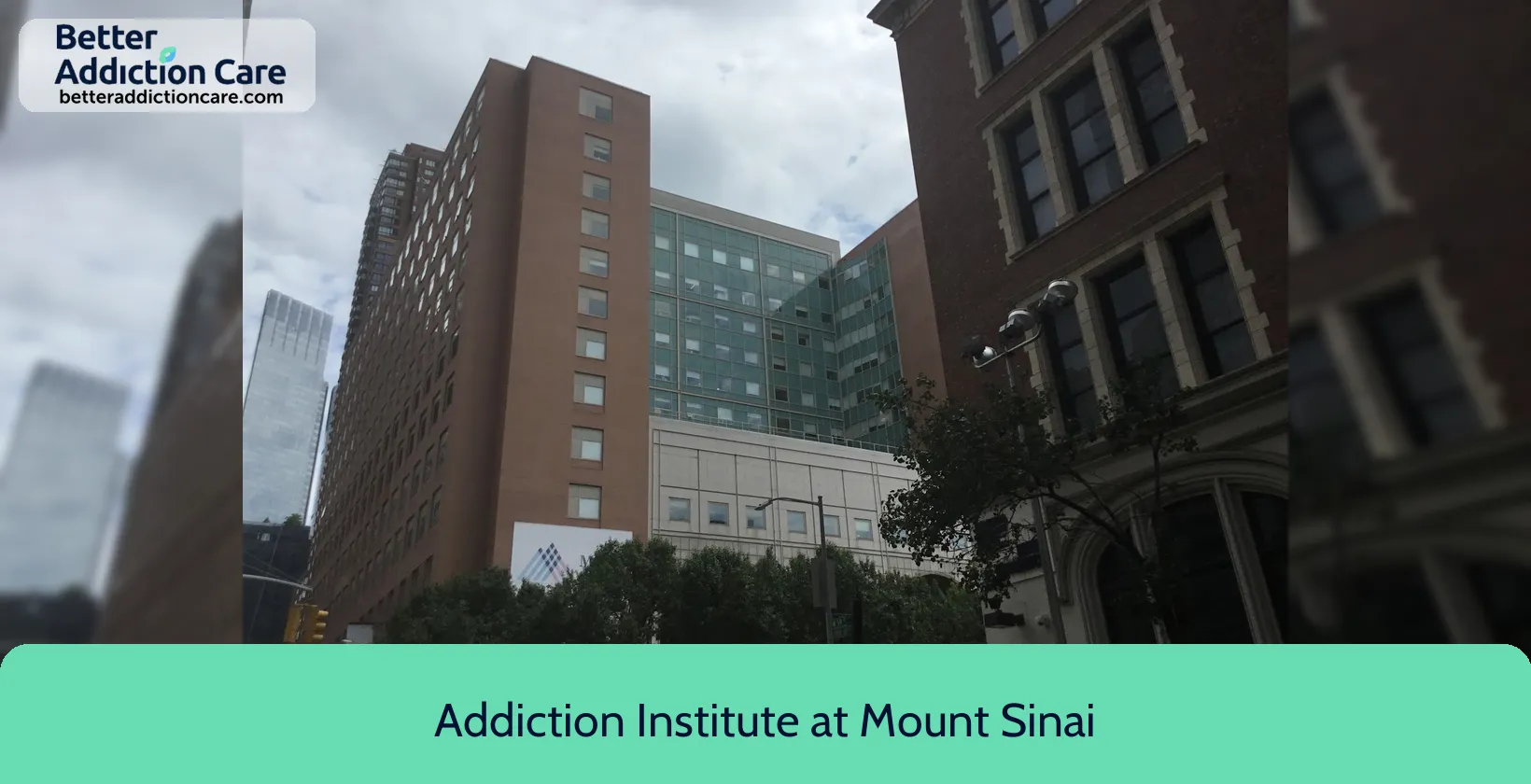
7.28
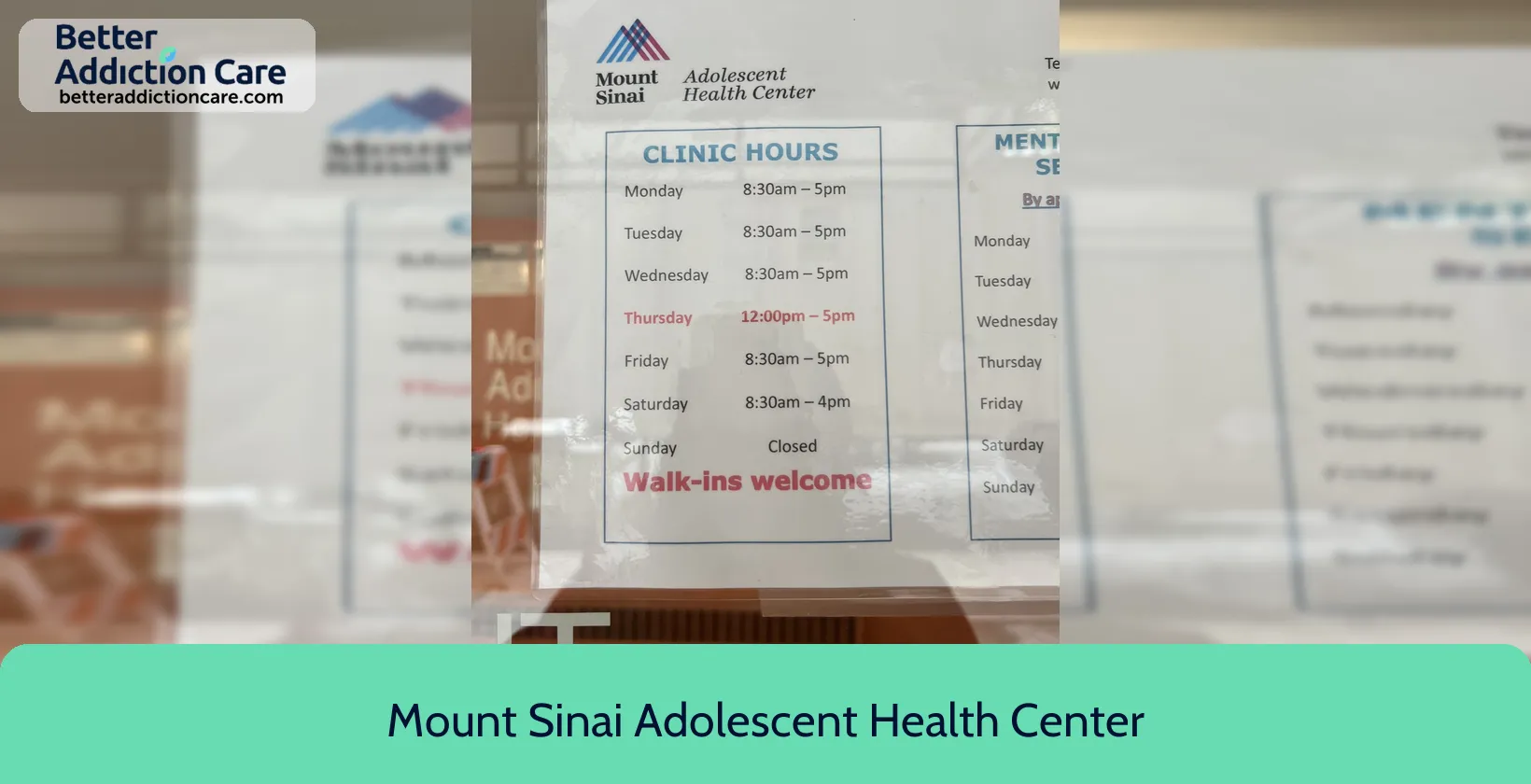
6.93
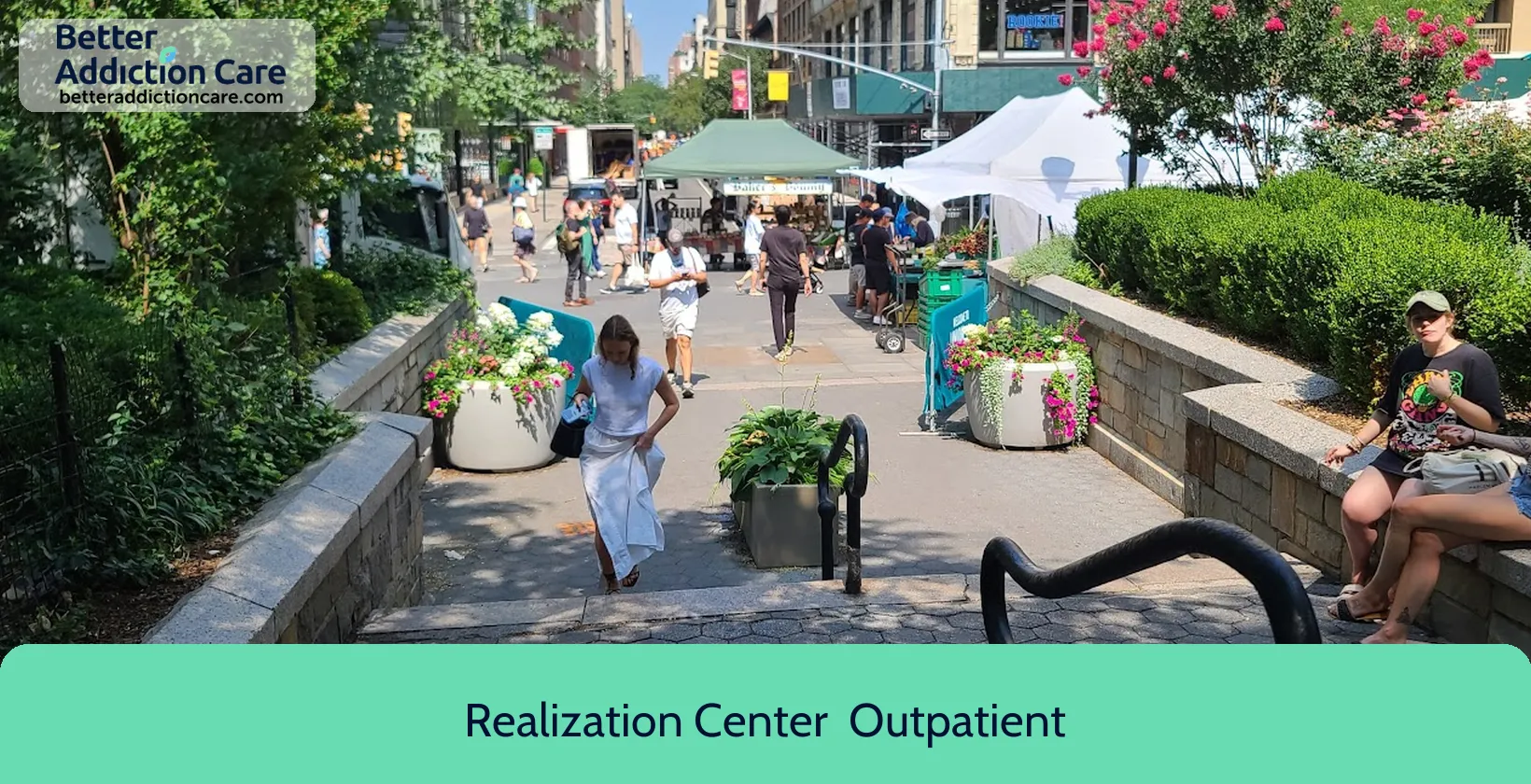
7.48
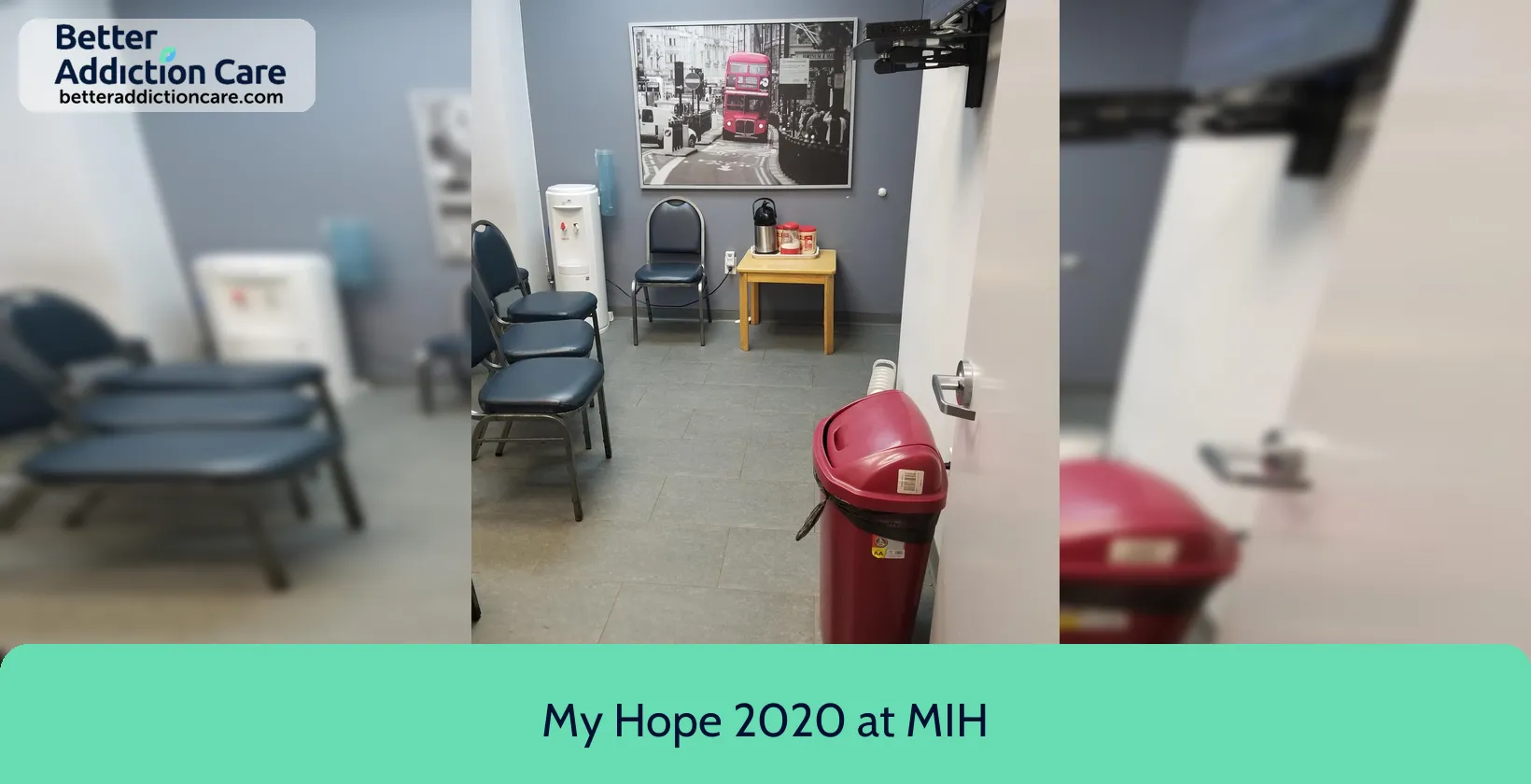
7.40
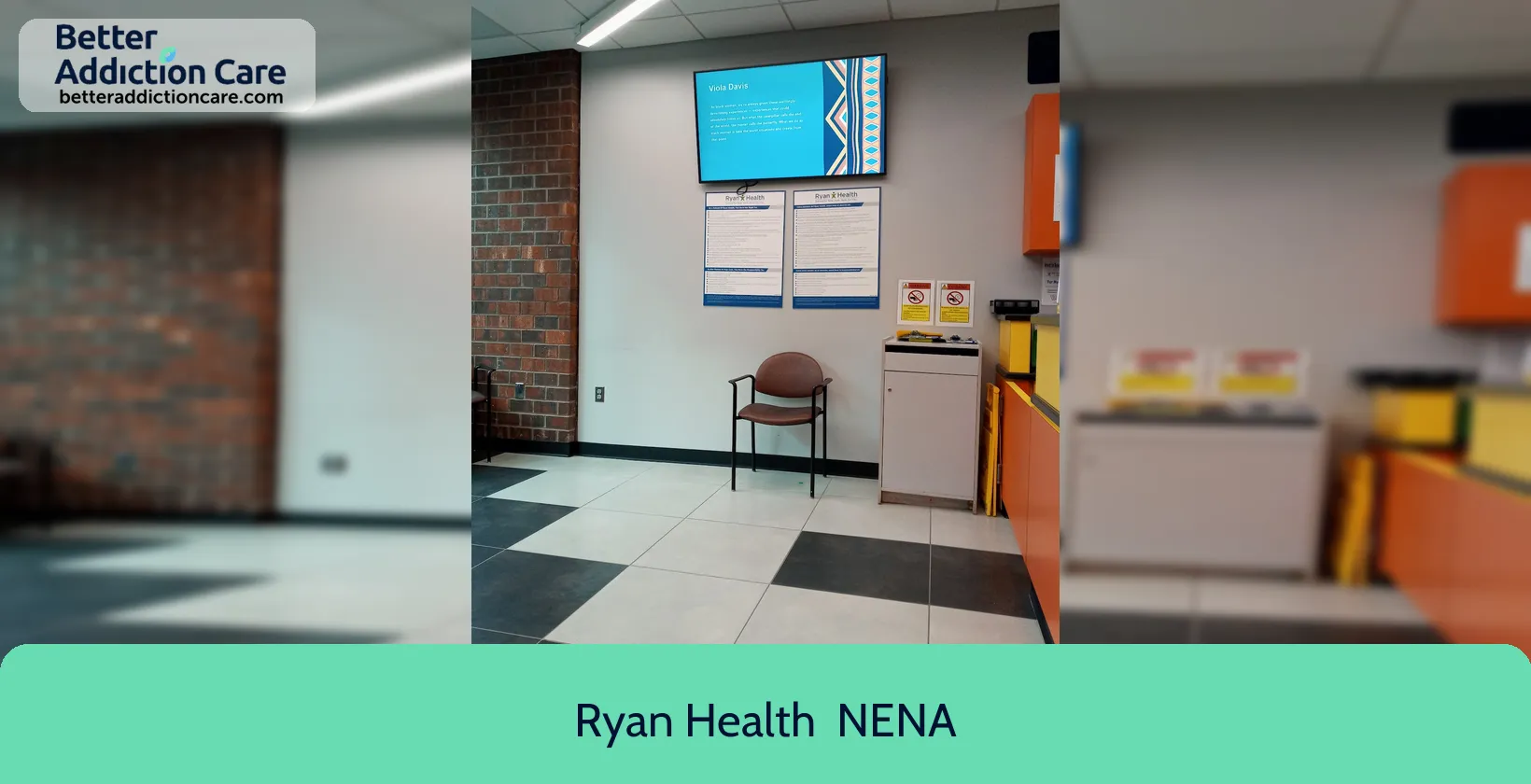
6.68
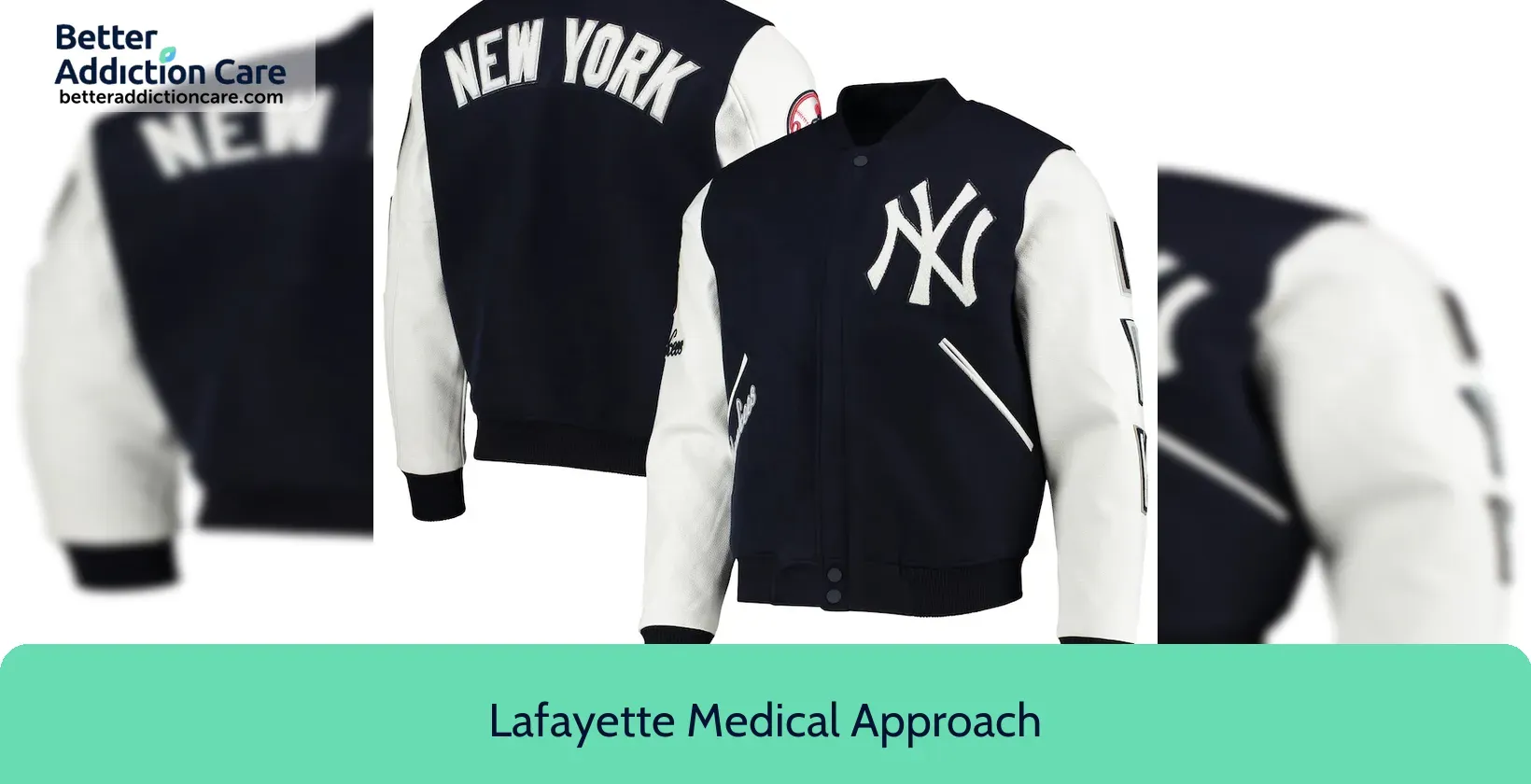
7.34
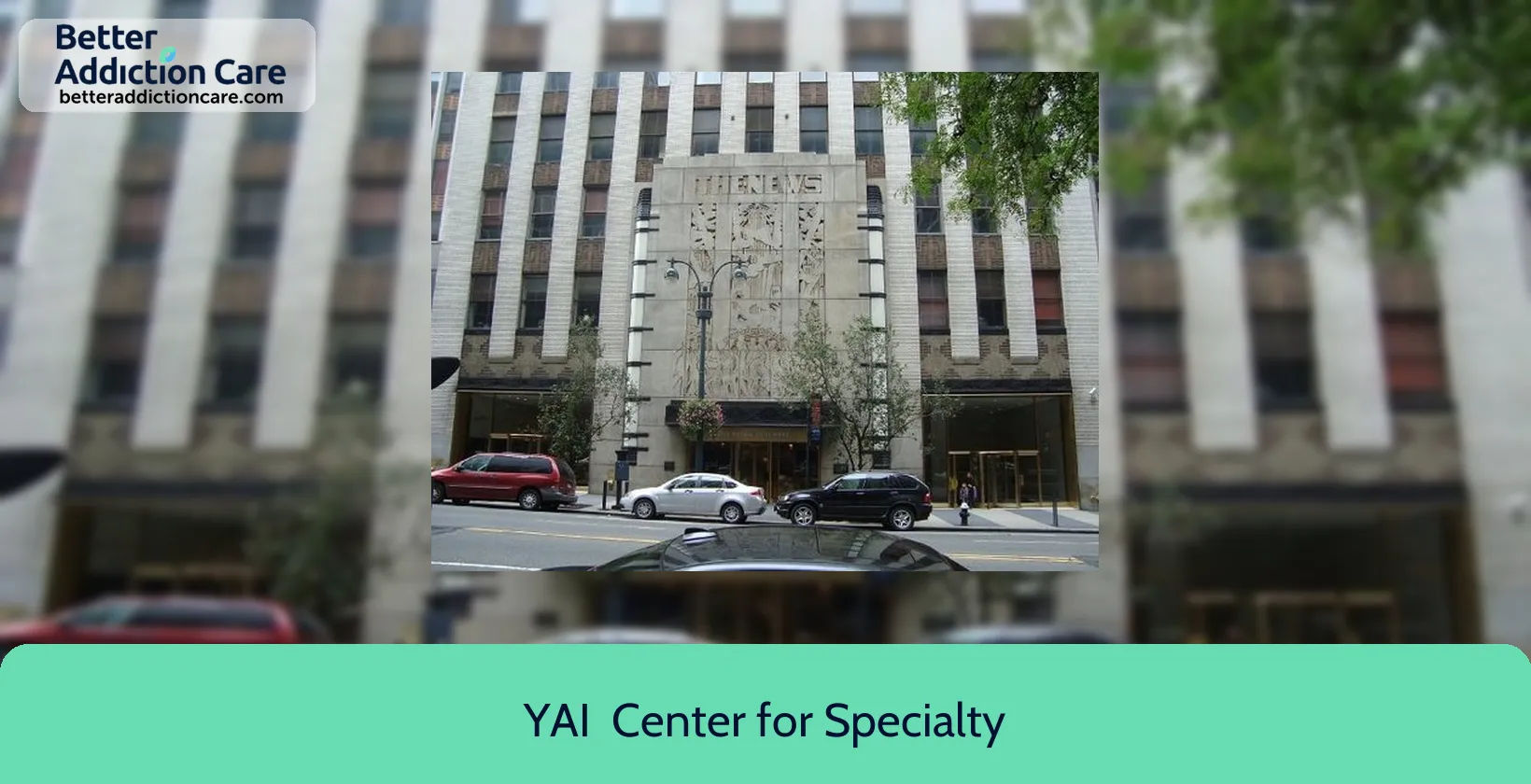
6.62
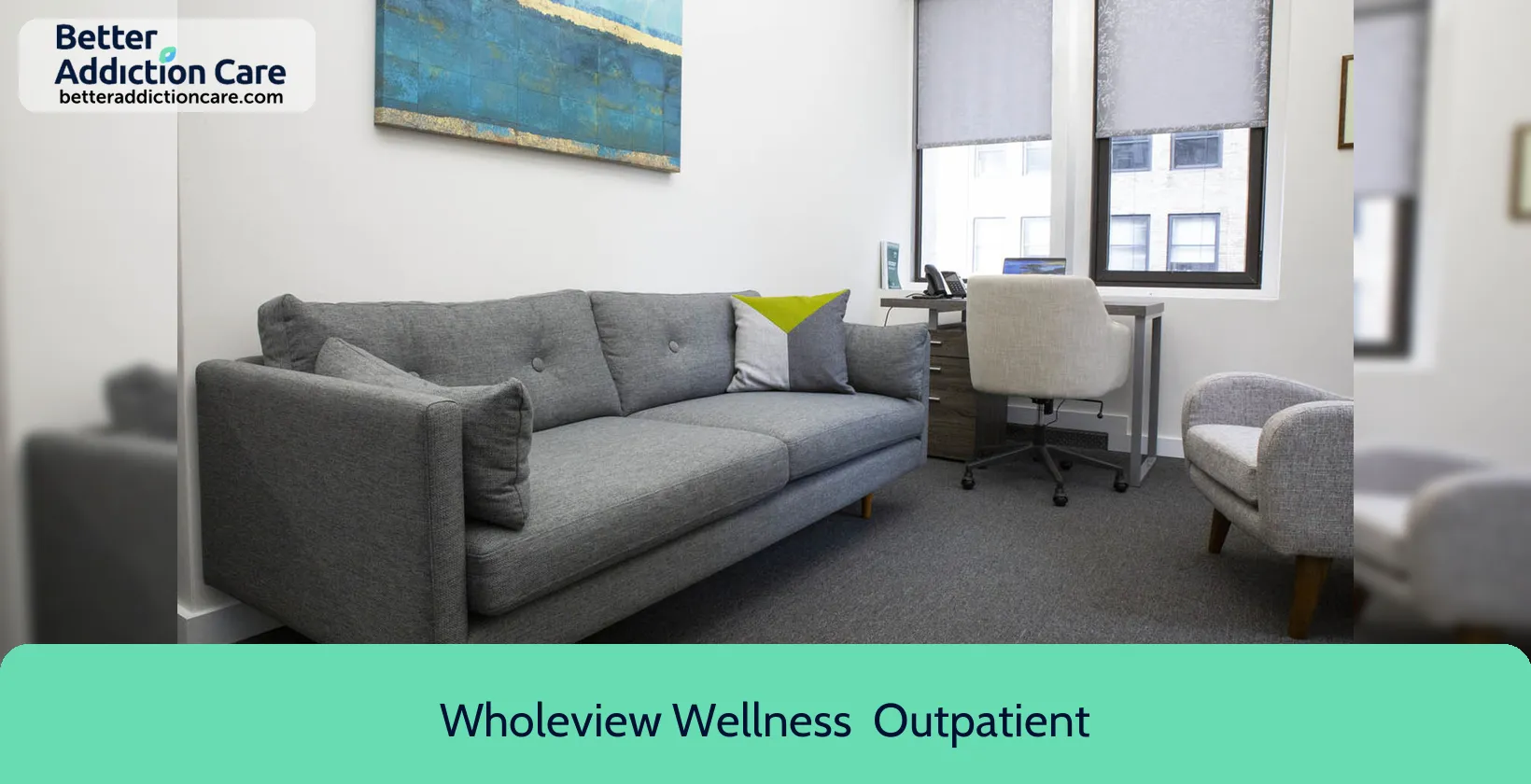
7.36
DISCLAIMER: The facility name, logo and brand are the property and registered trademarks of Wholeview Wellness - Outpatient, and are being used for identification and informational purposes only. Use of these names, logos and brands shall not imply endorsement. BetterAddictionCare.com is not affiliated with or sponsored by Wholeview Wellness - Outpatient.
